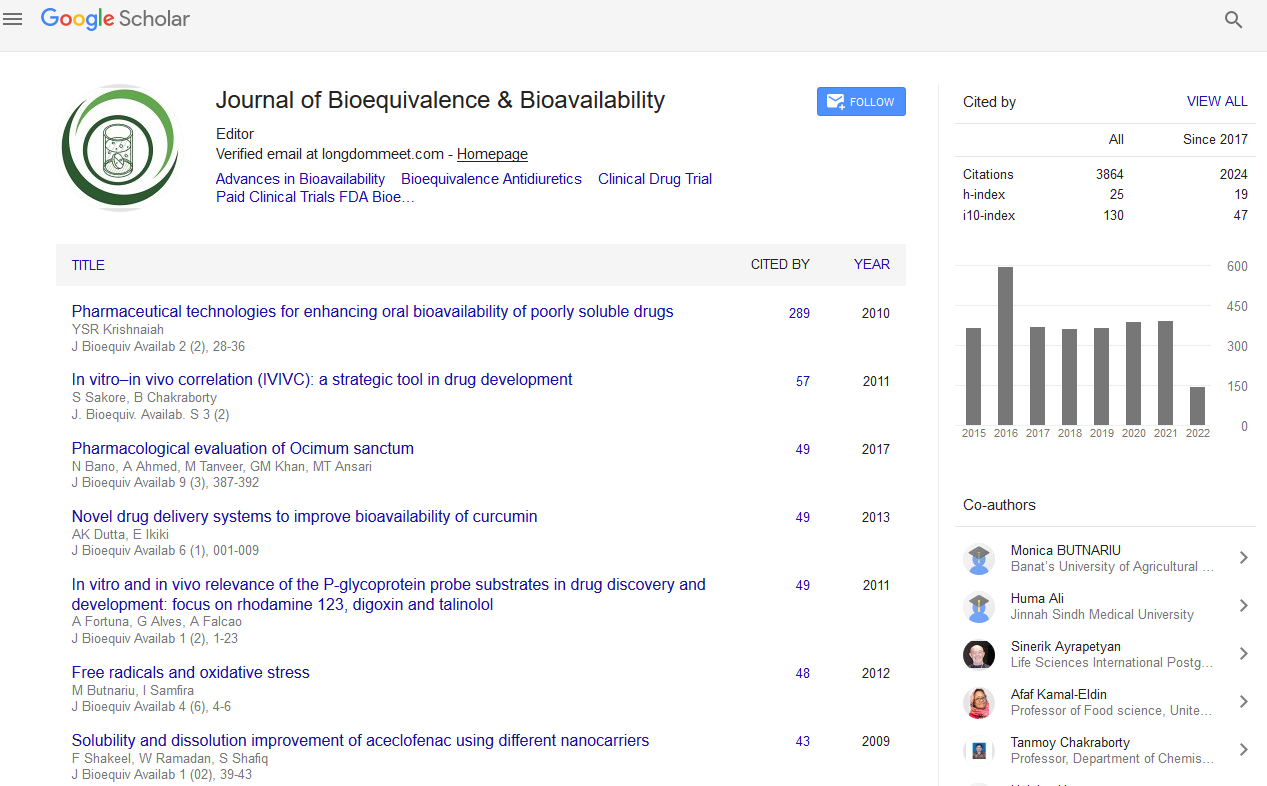PMC/PubMed Indexed Articles
Indexed In
- Academic Journals Database
- Open J Gate
- Genamics JournalSeek
- Academic Keys
- JournalTOCs
- China National Knowledge Infrastructure (CNKI)
- CiteFactor
- Scimago
- Ulrich's Periodicals Directory
- Electronic Journals Library
- RefSeek
- Hamdard University
- EBSCO A-Z
- OCLC- WorldCat
- SWB online catalog
- Virtual Library of Biology (vifabio)
- Publons
- MIAR
- University Grants Commission
- Geneva Foundation for Medical Education and Research
- Euro Pub
- Google Scholar
Useful Links
Share This Page
Journal Flyer

Open Access Journals
- Agri and Aquaculture
- Biochemistry
- Bioinformatics & Systems Biology
- Business & Management
- Chemistry
- Clinical Sciences
- Engineering
- Food & Nutrition
- General Science
- Genetics & Molecular Biology
- Immunology & Microbiology
- Medical Sciences
- Neuroscience & Psychology
- Nursing & Health Care
- Pharmaceutical Sciences
Hepatotoxicity due to cancer immunotherapy targeting immune checkpoints
2nd International Conference & Expo on Biopharmaceutics and Biologic Drugs
September 14-16, 2016 San Antonio, USA
Arie Regev
Indiana University & Eli Liily, USA
Keynote: J Bioequiv Availab
Abstract:
Immunotherapy is a rapidly developing treatment modality for cancer. Of the broad range of immunotherapies presently in clinical development and clinical use those targeting T cell inhibitor receptors, referred to as �??checkpoints�?�, are the most advanced. They include monoclonal antibodies directed against cytotoxic T-lymphocyte antigen-4 (CTLA-4) and programmed cell death-1 (PD-1). Activation of the immune system by inhibiting T-cell checkpoints may cause immune-mediated toxicity, which may be serious and potentially fatal. Abnormal hepatic biochemical tests have been reported in as many as 8% of patients receiving immunotherapy, while clinically significant immune-mediate liver injury has been reported in about 1.5%. In some cases severe liver injury has occurred and cases of acute liver failure leading to death have been reported. Presently there is no reliable method to predict which patients will develop immune-mediated liver injury, and there is no dependable way to identify patients who will develop severe liver injury or liver failure. Although most patients respond to corticosteroid therapy, in some cases additional immunosuppressive agents have been used with varying results. Approaches to monitoring and therapy of such patients are still evolving, and may require studies of large cross-pharma databases, to enable better understanding of the natural history and response to therapy of this potentially lethal complication.
Biography :
Arie Regev received his MD degree from the Hebrew University in Jerusalem, Israel. He completed residency in Medicine and fellowship in Gastroenterology at Rabin Medical Center and Tel Aviv University and clinical fellowship in Hepatology and Transplant Hepatology at the University of Miami (UM), Florida. He continued working at UM as Associate Professor of Medicine and Director of the Hepatology fellowship program until 2007. He joined Eli Lilly in 2007, and currently heads Eli Lilly’s Safety Advisory Hub and chairs Eli Lilly’s Liver and GI Safety Committee. He is the author of numerous publications in major medical journals and several chapters in major medical textbooks. He is also an Associate Professor of Medicine at the Division of Gastroenterology and Hepatology of Indiana University School of Medicine.
Email: regev_arie@lilly.com


